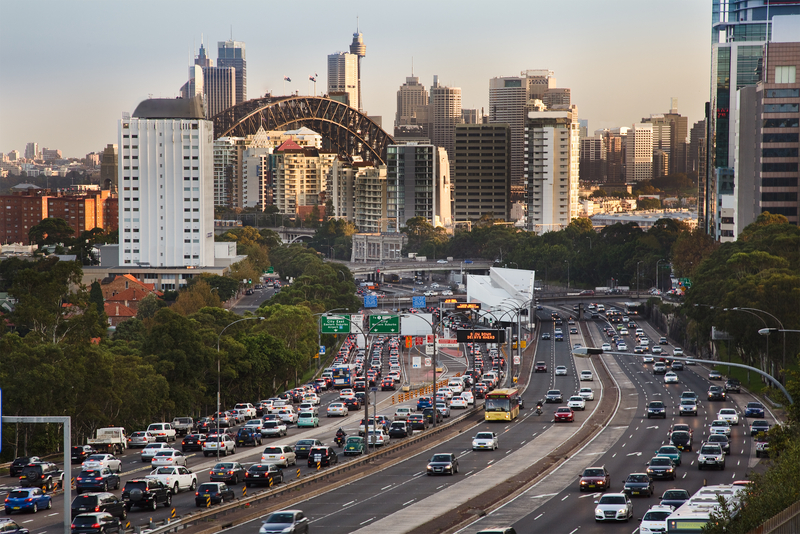UK city Cambridge is aiming to be at the centre of a leading ‘smart city region’ with the Smart Cambridge programme, which is being scaled up to explore how the latest data and digital technology can be used to transform the way people live, work and travel in the region, and beyond.
The programme has recently been allocated US$1.9 million (£1.6million) by Greater Cambridge City Deal over the next three years, as part of its investment plans to improve the transport infrastructure and promote economic g
UK city Cambridge is aiming to be at the centre of a leading ‘smart city region’ with the Smart Cambridge programme, which is being scaled up to explore how the latest data and digital technology can be used to transform the way people live, work and travel in the region, and beyond.
The programme has recently been allocated US$1.9 million (£1.6million) by Greater Cambridge City Deal over the next three years, as part of its investment plans to improve the transport infrastructure and promote economic growth in and around Cambridge.
Smart Cambridge has launched the first phase of the Intelligent City Platform (iCP) it has developed with the University of Cambridge, taking real-time data from an array of sensors across the city to support myriad smart solutions.
A new LoRa (low power long range) network has also been set up with the University to transfer data flowing from the sensors to the data hub, so that is can be analysed and visualised to plan smart solutions, including making transport systems more reliable and easier to use. The platform collates ‘real-time’ data, which will allow citizens, third party developers and commercial partners to ‘test bed’ innovative applications including the new Cambridge mobile travel app, which will be available to download this summer.
The new MotionMap mobile travel app will use real-time data to more accurately predict bus times, to help improve people’s journeys and encourage them to use more sustainable methods of transport. The app is being developed by local tech company Building Intellect Ltd and will be launched this summer as part of a series of data-sharing events to involve residents and businesses in developing smart solutions for the city.
Tech-based small and medium sized businesses in Cambridge are also being challenged to drive forward Internet of Things (IoT) innovation during 2017 to help find real world solutions to key city challenges through the IoTUKBoost programme.
The next phase of the Smart Cambridge programme will build upon the studies already underway to investigate intelligent mobility including integrated ticketing and online payments, trialling driverless vehicles and the feasibility of an AVRT (advanced very rapid transit system) for Cambridge and surrounding areas.
The programme has recently been allocated US$1.9 million (£1.6million) by Greater Cambridge City Deal over the next three years, as part of its investment plans to improve the transport infrastructure and promote economic growth in and around Cambridge.
Smart Cambridge has launched the first phase of the Intelligent City Platform (iCP) it has developed with the University of Cambridge, taking real-time data from an array of sensors across the city to support myriad smart solutions.
A new LoRa (low power long range) network has also been set up with the University to transfer data flowing from the sensors to the data hub, so that is can be analysed and visualised to plan smart solutions, including making transport systems more reliable and easier to use. The platform collates ‘real-time’ data, which will allow citizens, third party developers and commercial partners to ‘test bed’ innovative applications including the new Cambridge mobile travel app, which will be available to download this summer.
The new MotionMap mobile travel app will use real-time data to more accurately predict bus times, to help improve people’s journeys and encourage them to use more sustainable methods of transport. The app is being developed by local tech company Building Intellect Ltd and will be launched this summer as part of a series of data-sharing events to involve residents and businesses in developing smart solutions for the city.
Tech-based small and medium sized businesses in Cambridge are also being challenged to drive forward Internet of Things (IoT) innovation during 2017 to help find real world solutions to key city challenges through the IoTUKBoost programme.
The next phase of the Smart Cambridge programme will build upon the studies already underway to investigate intelligent mobility including integrated ticketing and online payments, trialling driverless vehicles and the feasibility of an AVRT (advanced very rapid transit system) for Cambridge and surrounding areas.










